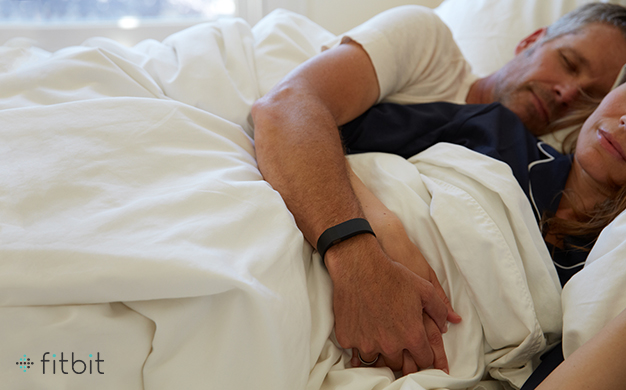Kelly Glazer Baron, PhD is an Assistant Professor in Neurology at Northwestern University. Her research focuses on sleep and circadian rhythms, and the role of circadian rhythm and the disruption in obesity. She previously wrote about getting out of bed in the morning.
Nearly everyone looks forward to the ending of daylight saving time (DST) for the chance to capitalize on an extra hour of sleep. It’s especially true today, that first Monday, when it feels so much easier to get up before 7am.
Scientific studies show that there are real benefits to even one extra hour of sleep for the few days after the end of DST, including lower instances of traffic accidents and a reduced rate of heart and stroke-related incidents.
For those who are chronically sleep deprived, this week provides a much-needed opportunity to catch up on sleep in the short term. But what can you do to leverage this shift to help keep your sleep on track? Here are some tips below:
Tip: Go to bed at the time you feel sleepy, rather than pushing yourself to stay up to the right “clock time” for your bedtime.
Why it Matters: Because your body’s circadian rhythm shifts gradually, for the first few days you may feel sleepy at your typical bed time even though it’s technically an hour earlier. So go with it! Don’t push yourself to stay up that extra hour. Even 15-30 min the extra snooze time can make a difference in how you feel each day.
—–
Tip: Avoid sliding back to old habits.
Why it Matters: Remember how I said you would be feeling sleepy earlier than usual? Well, don’t blow it by continuing to work through it or by binge watching TV shows. Continue to dim the lights and wind down an hour before you want to go to sleep. Listen to your body’s sleepiness cues and keep your nightly sleep goal in mind. And remember: tracking your sleep and sticking to a schedule is the best way to make progress.
—–
Tip: Don’t sleep more than 2 hours past the time you usually wake up on workdays.
Why it Matters: Catching up on sleep is a good thing, but catching up too much sleep can start pushing back your bedtime. Then you’re stuck in the same rut as before: staying up late, dragging yourself out of bed in the morning, and then playing catch-up on weekends.
So for those who are sleep-deprived, enjoy that extra hour and take note of how much better you feel when you are getting a boost in sleep. Use this rare time-change window to help set you on the path to meeting your sleep goals.
This information is for educational purposes only and is not intended as a substitute for medical diagnosis or treatment. You should not use this information to diagnose or treat a health problem or condition. Always check with your doctor before changing your diet, altering your sleep habits, taking supplements, or starting a new fitness routine.

If you have questions about a Fitbit tracker, product availability, or the status of your order, contact our Support Team or search the Fitbit Community for answers.
Please note: Comments are moderated and may not appear immediately after submission.